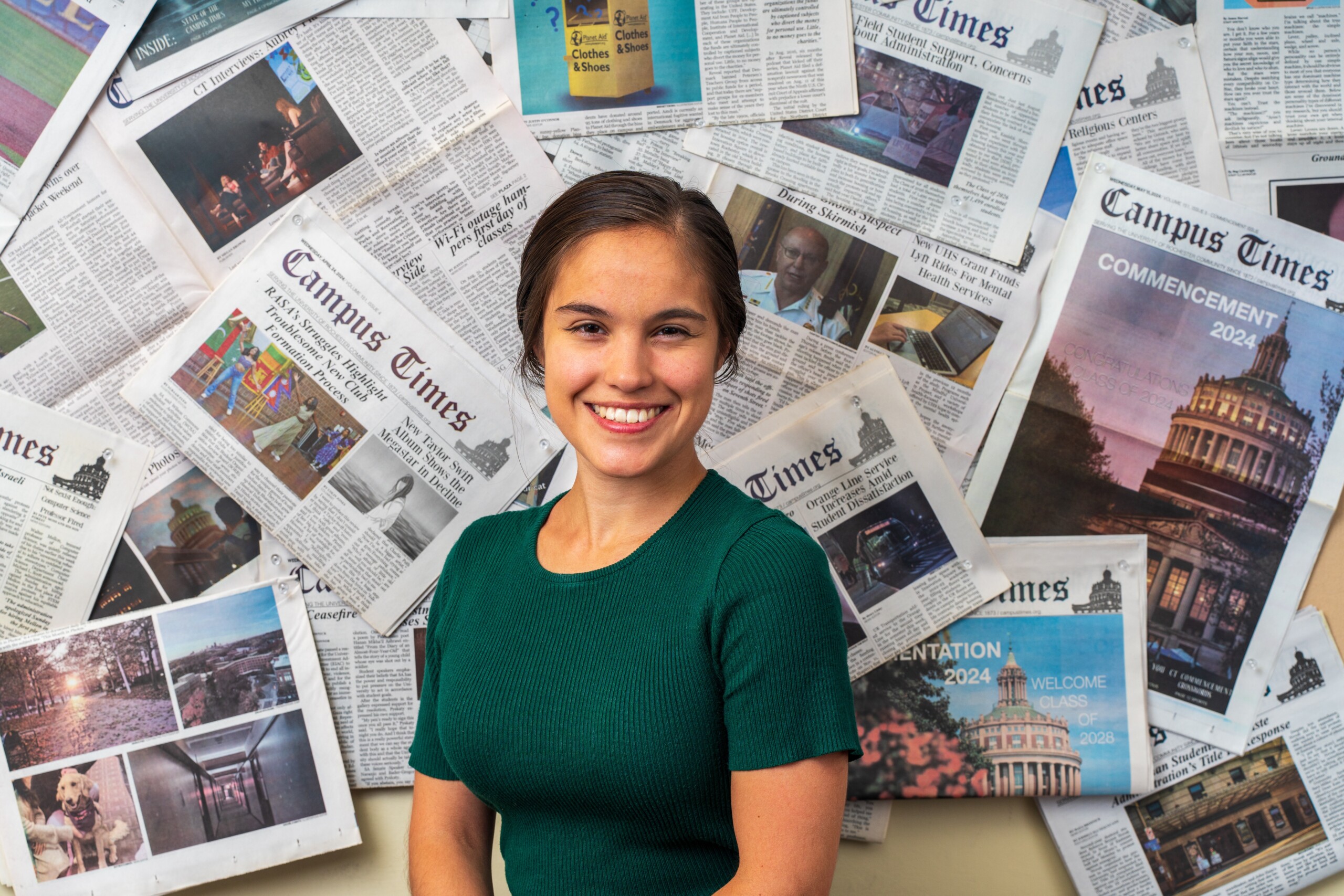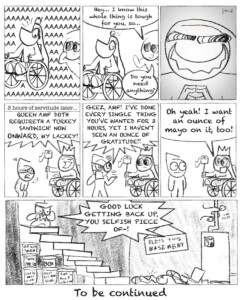When five University of Maryland (UMD) students saw the amount of food going to waste on their campus in 2011, they decided to create a program to redistribute the extra food to people in need around their community.
Since then, the Food Recovery Network (FRN) has grown to become a nationwide organization with over 200 chapters in colleges and universities around the U.S., including one at the University.
Currently, the Rochester collective food insecurity rate is a whopping 25.9% of residents — the highest of all metropolitan areas in the state, according to Rochester nonprofit Foodlink’s 2018 report. Food insecurity statistics represent an “overwhelming level of need” within the City of Rochester, according to Foodlink.
More recently, in 2023, a request for proposals for a community food system plan within the Rochester metropolitan area was submitted by the City’s government in order to break down barriers to healthy and affordable food to all residents.
The UR chapter of FRN works to aid these endeavors.
Senior Sophia Samantaroy, president of UR’s FRN charter, said that last year they redistributed about 4,000 pounds of food that would have otherwise gone to waste.
“The school has been good about responding,” she said. “What you don’t want is having pounds and pounds of food at, like, Connections.”
Every Friday at 3 p.m., members of the Rochester chapter meet at Connections to collect leftover food that would otherwise go to a landfill. The food is relocated to the kitchen in Douglass Commons, where it’s sorted into foil tins and later distributed to community organizations such as the Open Door Mission, the Boys & Girls Clubs, and the House of Mercy.
The FRN redistributed five million pounds of food last year, according to their 2022 annual report. They provided more than four million meals to people in 45 states and the District of Columbia, while preventing the release of more than 2,500 metric tons of carbon dioxide through reducing waste.
Students can learn more and reach out to the UR chapter through their Instagram, @uofrfrn.


